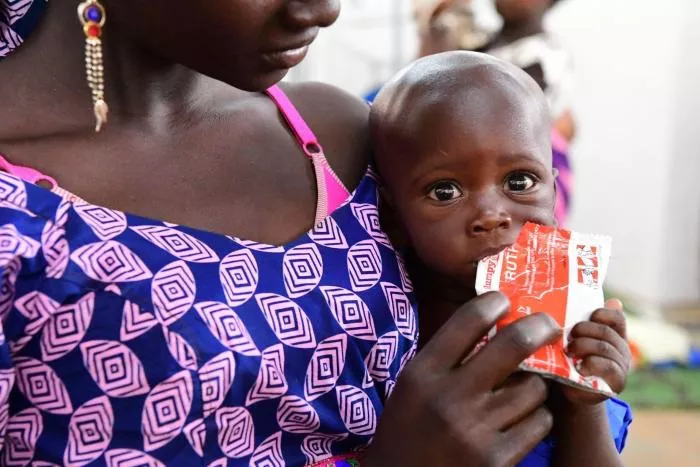The United Nations Children’s Fund (UNICEF) is calling on mothers to exclusively breastfeed their infants for the first six months of life, without introducing any water, and to continue breastfeeding up to two years with appropriate complementary foods.
At a two-day Zonal Media Dialogue on World Breastfeeding, held to promote Nigeria’s Nutrition Zero Water Campaign, UNICEF’s Chief of Field Office in Enugu, Mrs. Juliet Chiluwe, emphasized the importance of initiating breastfeeding within the first hour after birth. The event aimed to boost exclusive breastfeeding practices across the states of Enugu, Benue, Cross River, and Anambra.
Chiluwe highlighted the numerous benefits of breastfeeding for both mothers and babies. She stressed that exclusive breastfeeding for six months is not only a fundamental right of every child but also crucial for national development and achieving the Sustainable Development Goals (SDGs).
Concerned about the low rates of exclusive breastfeeding, Chiluwe urged the media to advocate for this practice and help educate women on its benefits. She stated, “The media has a key role in closing the gap. Women need to understand why they should exclusively breastfeed their children for six months without water and initiate breastfeeding within one hour after delivery.”
Anambra State’s Commissioner for Health, Dr. Ben Obidike, underscored the necessity of involving both public and private hospitals to ensure effective breastfeeding initiation. He noted, “We must take deliberate steps to ensure that mothers start breastfeeding within one hour of delivery. In Anambra, we are working towards making this a policy, and other states should consider it important as well.”
UNICEF Communications Officer Dr. Ijeoma Onuoha-Ogwe outlined the meeting’s goal to engage journalists, On-Air Personalities, and other partners in raising awareness about the zero water breastfeeding campaign and the importance of continued breastfeeding for up to two years. She pointed out that only nine percent of organizations have a workplace breastfeeding policy and urged the media to highlight the need for supportive work environments.
UNICEF Nutrition Specialist Mrs. Ngozi Onuora described breast milk as essential for the child’s long-term health, noting that it contains 88 percent water, along with necessary nutrients and antibodies. She expressed concern that only 36 percent of mothers in Nigeria practice exclusive breastfeeding and hoped the meeting would prompt policymakers to address existing gaps.
Prof. Stella Okunna, Deputy Vice Chancellor of Paul University Awka, emphasized the media’s role as a change agent in promoting exclusive breastfeeding. She encouraged media professionals to use their influence to educate and persuade mothers about the benefits of breastfeeding.
The event concluded with a call for the media to actively engage in promoting breastfeeding and supporting policies that facilitate this crucial practice for the health of both mothers and infants.


